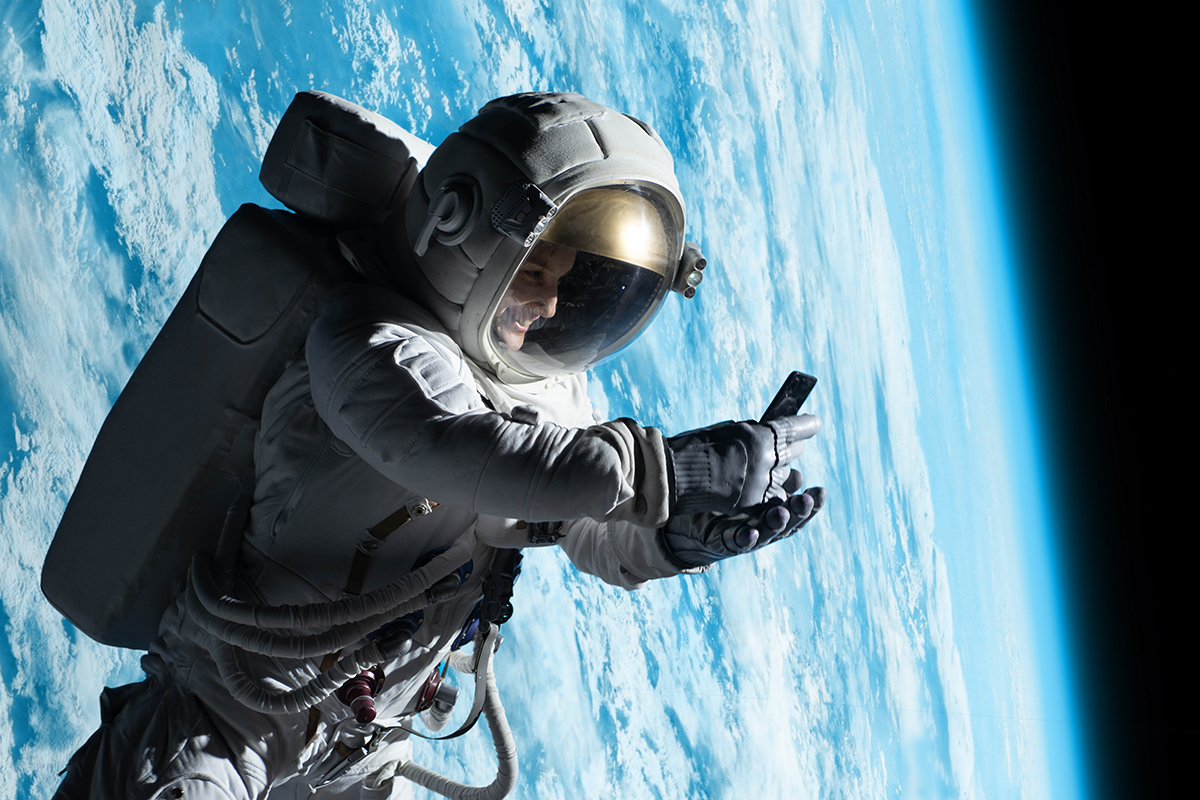New research indicates that astronauts’ brains suffer detrimental effects during spaceflights lasting six months or more, suggesting that crew members may need to wait at least three years before embarking on subsequent space missions.
In this study, scientists compared brain scans of 30 astronauts taken before and after spaceflights lasting two weeks, six months, or a year. The scans revealed significant expansion of the ventricles, the brain’s cavities filled with cerebrospinal fluid, among astronauts who spent at least six months on missions to the International Space Station.
These findings have crucial implications for future long-duration missions, such as NASA’s Artemis program, which aims to establish a sustainable human presence on the moon and eventually send astronauts to deep-space destinations like Mars. The study detailing these findings was recently published in the journal Scientific Reports.
Cerebrospinal fluid plays a vital role in protecting and nourishing the brain while eliminating waste. However, when astronauts venture into space, bodily fluids shift towards the head, exerting pressure on the brain and causing the ventricles to expand.
Lead study author Rachael Seidler, a professor of applied physiology and kinesiology at the University of Florida, explains that ventricular enlargement is directly correlated with the time spent in space. Seidler adds, “Many astronauts travel to space more than once, and our study shows that it takes about three years between flights for the ventricles to recover fully.”
The study involved eight astronauts on two-week missions, 18 on six-month missions, and four on year-long missions. The researchers noted varying degrees of ventricular enlargement depending on each astronaut’s space travel duration.
Seidler highlights an exciting discovery: ventricular enlargement seemed to plateau after six months, with no further increase observed between six months and one year. This finding provides encouraging news for future Mars travellers who may spend approximately two years in microgravity.
Furthermore, the study revealed that astronauts on short-duration space tourism flights, lasting only a few weeks, experienced minimal changes in ventricular structures. This positive outcome is relevant for the growing commercial space industry.
Recovery time after space travel was also examined. Astronauts with more than three years of recovery between missions exhibited increased ventricular volume after each subsequent task. On the other hand, those with shorter recovery periods showed minimal ventricular enlargement following their most recent flight.
While this might initially seem favourable, it suggests that experienced astronauts have permanently enlarged ventricles, limiting their capacity for expansion during future spaceflights. Therefore, the authors recommend a minimum of three years between missions to ensure complete ventricular recovery.
The research team does not know the exact duration required for full ventricular recovery after space travel. However, their analysis showed that astronauts recovered 55% to 64% toward their preflight levels approximately six to seven months after a six-month mission to the space station.
These research findings will be instrumental in shaping the plans for future missions by NASA and other space agencies. However, Seidler emphasizes the need for further research. She is initiating a new project to investigate the long-term health and recovery of astronauts up to five years after six-month spaceflights.
“We are still uncertain about the long-term consequences on the health and behavioural well-being of space travellers. Allowing the brain adequate time to recover appears to be a prudent approach,” Seidler explains. “Although the findings suggest a three-year recovery period, astronauts possess unique skills and training, and there may be reasons to include them in additional missions before that timeframe.”
The research on the impact of long spaceflights on astronauts’ brains highlights the importance of understanding the physiological challenges associated with extended space missions. As space exploration ventures towards establishing a sustained human presence on the moon and eventually reaching destinations like Mars, the findings underscore the need for adequate recovery periods to ensure the well-being of astronauts. Further research will continue to shed light on the long-term consequences and optimal strategies for mitigating these effects, ultimately enabling safer and more successful journeys into the cosmos.







